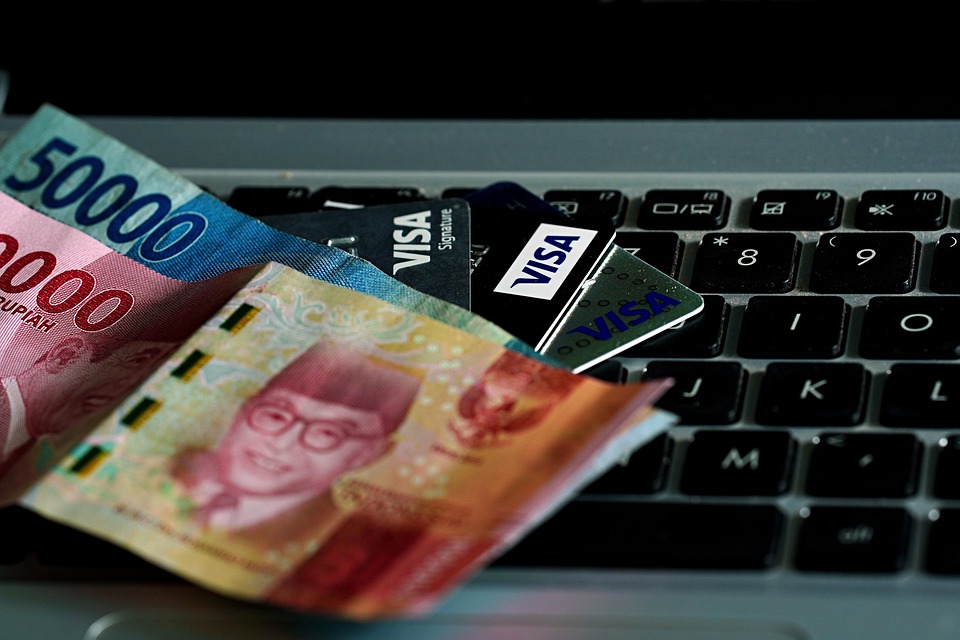The Pros and Cons of Secured vs. Unsecured Loans
When it comes to borrowing money, individuals and businesses often face the decision between secured and unsecured loans. Each type of loan has its own set of advantages and disadvantages, making it essential to understand the differences before making a financial commitment. This article will explore the pros and cons of both secured and unsecured loans to help you make an informed decision.
Secured Loans
Secured loans are backed by collateral, which is an asset that the lender can claim if the borrower fails to repay the loan. Common forms of collateral include real estate, vehicles, or savings accounts.
Pros of Secured Loans
1. **Lower Interest Rates**: Because secured loans are backed by collateral, lenders often offer lower interest rates compared to unsecured loans. This can result in significant savings over the life of the loan.
2. **Higher Borrowing Limits**: Secured loans typically allow borrowers to access larger amounts of money. This is particularly beneficial for significant expenses such as home purchases or major renovations.
3. **Easier Approval**: Lenders may be more willing to approve secured loans, especially for borrowers with less-than-perfect credit. The collateral reduces the lender’s risk, making them more likely to extend credit.
4. **Improved Credit Score**: Successfully repaying a secured loan can positively impact your credit score, as it demonstrates responsible borrowing behavior.
Cons of Secured Loans
1. **Risk of Losing Collateral**: The most significant downside of secured loans is the risk of losing the asset used as collateral. If you default on the loan, the lender can seize the collateral, which can lead to financial hardship.
2. **Longer Approval Process**: Secured loans may involve a more extended approval process due to the need for appraisals and documentation of the collateral.
3. **Potential for Over-Borrowing**: The ability to borrow larger amounts can lead some borrowers to take on more debt than they can handle, resulting in financial strain.
Unsecured Loans
Unsecured loans do not require collateral, meaning that borrowers are not required to put any assets at risk. Instead, lenders rely on the borrower’s creditworthiness to determine eligibility.
Pros of Unsecured Loans
1. **No Risk of Losing Assets**: Since unsecured loans do not require collateral, borrowers do not risk losing personal property if they default on the loan.
2. **Faster Approval Process**: Unsecured loans often have a quicker approval process, as they do not require appraisals or extensive documentation related to collateral.
3. **Flexibility in Use**: Unsecured loans can be used for a variety of purposes, from consolidating debt to funding personal projects, without the restrictions that may come with secured loans.
Cons of Unsecured Loans
1. **Higher Interest Rates**: Unsecured loans typically come with higher interest rates compared to secured loans. This can lead to higher overall repayment costs.
2. **Lower Borrowing Limits**: Lenders may limit the amount you can borrow with an unsecured loan, which may not be sufficient for larger expenses.
3. **Stricter Credit Requirements**: Borrowers with poor credit may find it challenging to qualify for unsecured loans, as lenders rely heavily on credit scores to assess risk.
Conclusion
Choosing between secured and unsecured loans ultimately depends on your financial situation, needs, and risk tolerance. Secured loans offer lower interest rates and higher borrowing limits but come with the risk of losing collateral. On the other hand, unsecured loans provide flexibility and faster approval but often at a higher cost and with stricter credit requirements. Carefully weighing the pros and cons of each type of loan will help you make the best decision for your financial future.




